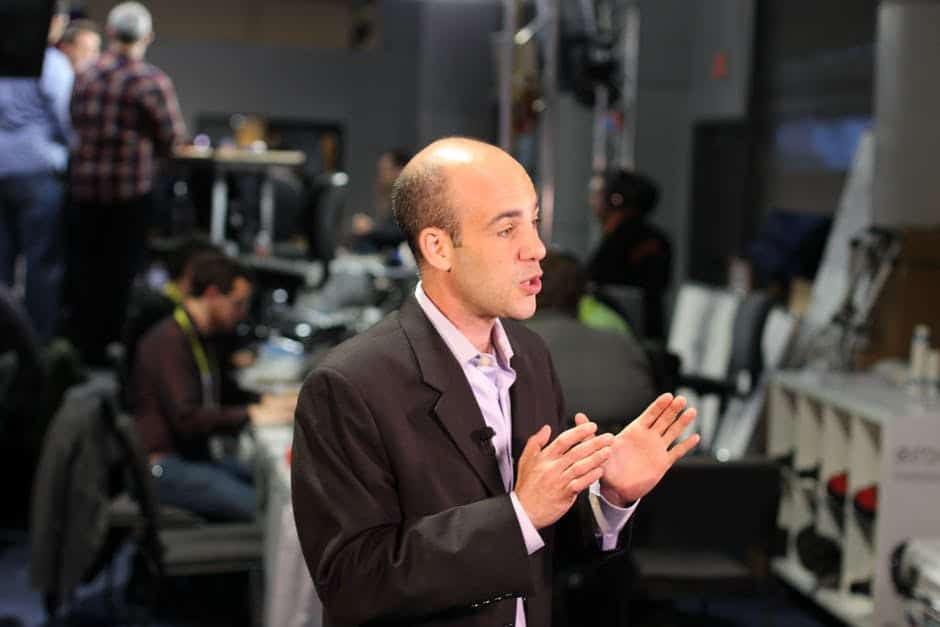
Generating buzz about an upcoming event can be an uphill battle.
With multi-pronged promotional campaigns that include traditional media, social media, and word of mouth strategies, getting the word out requires a message that can cut the noise while staying consistent in its message. Many of these promotional efforts, like social media campaigns targeting your core audience, can be handled within your organization, but one of the most effective ways to advertise to a broader audience is through a good old-fashioned news release delivered by a trusted local media outlet.
When broken down to the basics, developing a responsive relationship with the media is about establishing a personal connection between you, as a representative of your organization, and the reporter and their media outlet. There are four generally accepted protocols that can help you establish a relationship with a reporter and consistently grab their attention when you need to promote your next fundraising event.
Get to know your local media
Where do you and the people around you get most of your news? Who are your most trusted news sources? Which reporter’s names pop into your head when you think of your local news outlets? These are the questions to ask when you start to form your media relations strategy. Keep it local. It’s best to look close to home, rather than at national news outlets, as your nonprofit most likely has notoriety in your area and most of your potential attendees are also local.
Consider which media outlets are most likely to cover your event. If your organization funds medical research, seek out reporters who typically cover stories for the medical community. If you are raising money for an afterschool program look for a reporter that likes to report on community connections or public policy.
Do your research, familiarize yourself with several reporters that will be interested in your work, and keep up with personnel changes at your favorite media outlets.
Stay in front of the media
They won’t know what’s happening at your organization unless you let your presence be known.
Send reporters complimentary copies of your publications with updates that make the information fresh each time. Develop a virtual media kit that can be easily downloaded from your organization’s website so they know it will be easy for them to find out all they need to know about your organization, set up spokesperson meetings and meet one-on-one with reporters at trade shows and networking events. An invitation for coffee or something similar may be a valuable tactic for some, but don’t become a pest.
Give them something to talk about
Just like a good novel, your message must hook a reporter with its very first sentence. They are looking to translate the interest found in your offer to people that will be hearing or reading their report, so pull from your best creative resources when you’re reaching out to them and wow them with a hook that will drag them immediately into your story.
Now that you’ve got their attention, deliver on the goods with a great story they know their audience will be interested in. Reporters are typically searching for compelling human interest stories, angles that coincide with breaking news, or announcements that will be of interest to the general public. Provide them with interesting details, specific, fact-checked information and a captivating storyline and you are sure to reel them in. Reporters do their fact-checking so be sure to provide correct information or they may mark you as an unreliable source.
Be easy to work with
Of course, all good relationships rely on polite and respectful demeanors, and that’s true in the world of media relations, too. It’s good practice to always be available to the media with information and quotes that will give more weight to their reporting and never say “no comment.” Not only will they begin to see you as a dead end for their reporting, they may also cast you as someone who is being less than honest.
Perfect your media strategies as you get to know each individual reporter and always strive to broaden your relationship with your favorites to a degree they are comfortable with—in other words, be a friend, not a nuisance. Follow up each media release with a complimentary thank you and keep the conversation going by directing them towards the next event.
Media outlets are always on the hunt for great stories. By cultivating a solid relationship with a select group of your best local reporters you may find the tables have turned and those hungry reporters are seeking you out to find stories that will add balance to their next broadcast. And, garnering good local media attention may even result in national coverage, too.
